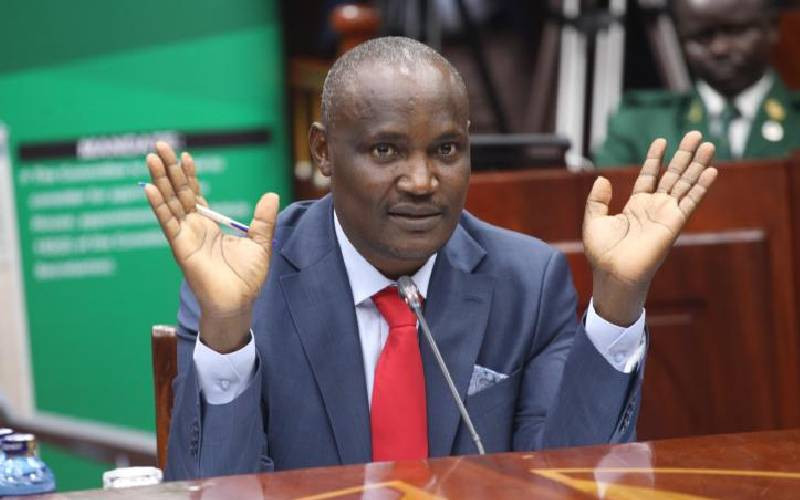×
The Standard e-Paper
Fearless, Trusted News

In a surprising announcement, the government has unveiled a new proposal to reduce controversial taxes, a move that could provide much-needed relief to citizens but raises concern about the government's ability to manage public debt.
Newly appointed Cabinet Secretary John Mbadi revealed plans to cut the value-added tax (VAT) from 16 per cent to 14 per cent, decrease corporation tax from 30 per cent to 25 per cent, and lower pay-as-you-earn (PAYE) rates, although specific details on the latter tax remain unspecified.